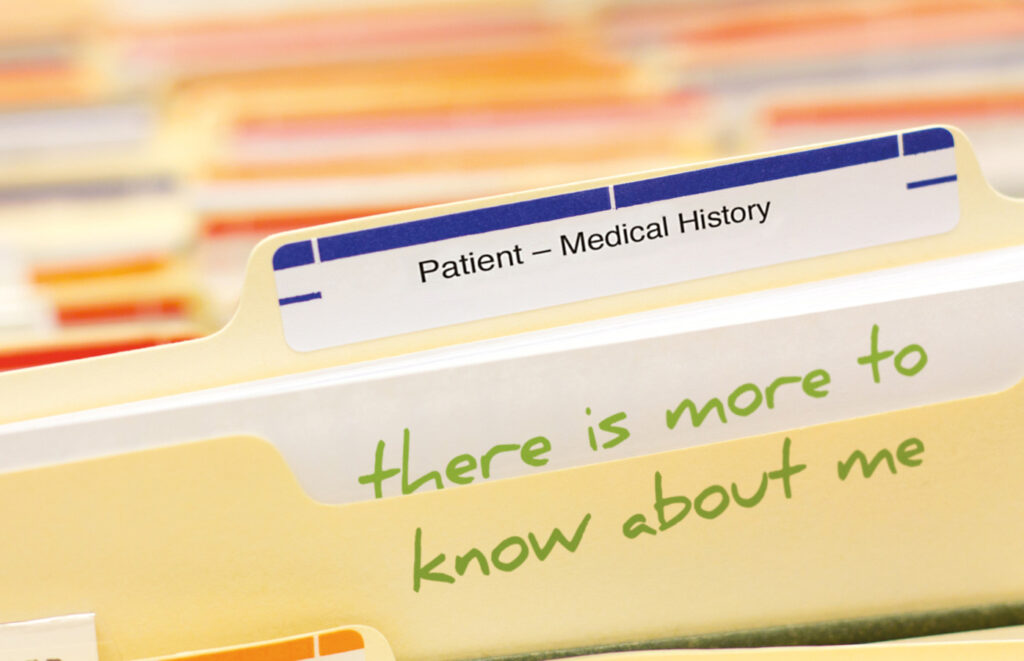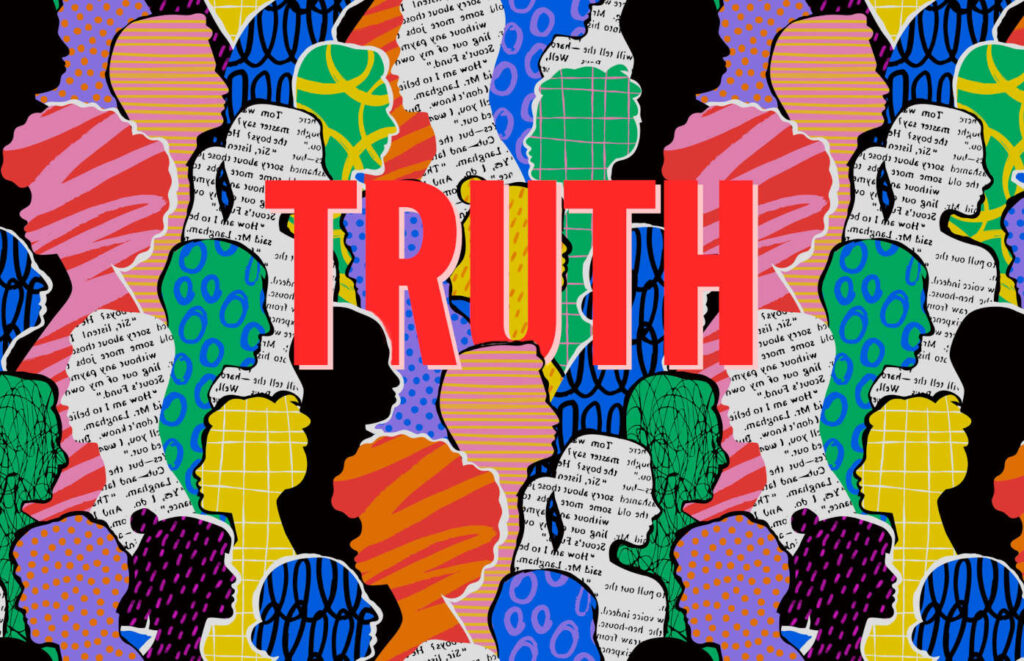My story (anonymous)
“It felt like I was being disciplined for showing any sign of emotional distress.”
Content warning: sexual violence, bereavement

Author wishes to remain anonymous
I was gang raped. Then 4 close members of my family died within 12 months of each other. I was devastated.
I started self-harming due to the trauma. I was sectioned and told I had borderline personality disorder [BPD]. This label caused me to think there was something wrong with me; I was filled with shame and embarrassment that I was so flawed.
DBT [Dialectical Behavioural Therapy, a type of talking therapy] was recommended to “teach me” how to not be so upset. It was awful, I felt like I was being told off and disciplined for showing any sign of emotional distress.
Even in 1:1 therapy with a counselling psychologist anytime I mentioned being upset I was told it was because I was a borderline, that I would have this condition for life, that it was unlikely I would ever have a full time job.
I haven’t been to a GP since; BPD is written all over my files and I’m scared they won’t believe anything I say.
It’s taken 5 years to recover from the trauma (of the inpatient stay). I found the diagnosis and treatment more traumatic than the rape or family deaths. I still have flashbacks of “treatment” and get panic attacks if I’m in any sort of clinical room that looks like the ward I was on.
I haven’t been to a GP since because not only am I scared of triggering myself, but I’m so ashamed that BPD is written all over my medical files and they won’t believe anything I say.
I am disgusted that the label of BPD/EUPD exists in this day and age.
Speak your truth: your own experiences can help create change
If you want to share your experiences around this diagnosis you can take part in Platfform’s Truth Project.
Platfform are campaigning for a review of the use of the diagnosis of PD. Add your voice to our call for change by sharing your story. We will share these with Welsh Government and use them to strengthen our campaign.
For more information, and to access the survey, click here.
If you are in a mental health crisis, please read this paragraph
If you have been affected by anything in this story and would like to talk to someone you can call Samaritans on 116 123. You can also call the national mental health support line for advice on 111 (press 2).

